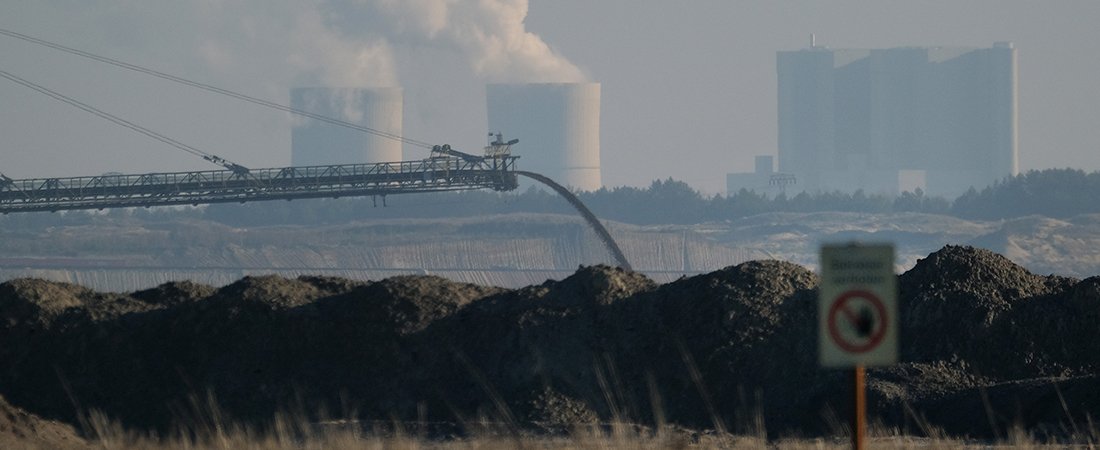Some experts are daring to speculate that perhaps Africa will not be the next epicentre for coronavirus. With just over 36,000 cases across the continent, countries are starting to consider the fine trade-off between an economic restart and ensuring there is no rapid outbreak.
South Africa estimates that the lockdown is costing its economy £570 million a day. With just over 100 fatalities and under 400 infected patients (at the time of writing), questions are being asked whether the economic pain has been pre-emptively inflicted.
As countries including Nigeria, Ghana and South Africa look to lift some of the lockdown measures, there are increasing tensions between unions and the private sector. The latter is of course keen to restart the economy and business as usual, while unions are clamouring to make sure their workers have all the necessary protections in place before any work recommences.
In South Africa, one of the mining capitals of the world, President Ramaphosa allowed the companies to restart operations at 50 per cent capacity in spite of the national lockdown. Mining companies are also keen to ensure that the economic powerhouses re-open as soon as possible, with potential job losses of 10 per cent in the national industry and 15 per cent loss of output. However, the South African Association of Mineworks and Construction Union (AMCU) has filed legal action to demand national safety standards for the miners.
Elsewhere in the country, the National Union of Metalworkers of South Africa has locked horns with a major mining company. The union has alleged that some workers at a smelter in Steelport have been taken into custody due to supposedly ‘fake’ permits issued by their mining company, an allegation the company has strongly denied.
Some sectors are proactively involving the unions to ensure a smoother return to work. The government in South Africa has asked the unions to submit proposals, with a focus on future jobs, for the restructuring of the national airline, South African Airways, to ensure that any business rescue strategy is successful.
Is coronavirus an act of God?
While some fight over workers and their rights, others are contesting contractual rights and the protection of assets.
Only recently introduced into the lexicons of many people across the globe, force majeure is a clause typically included in most contracts which frees both contractual parties of liability when extraordinary circumstances prevent a party from fulfilling their obligations.
Although it is contested whether the ongoing coronavirus pandemic constitutes ground for force majeure clauses to be implemented, businesses across the globe are looking at the term in response to current uncertainties.
Over the past month we have seen the launch of several high-profile force majeure cases across the continent, as business leaders and investors seek to protect workers and margins during the ensuing coronavirus pandemic.
Major oil companies in Nigeria have invoked force majeure, while mining companies in Zambia have closed mines due to force majeure clauses, with implications for the roles of thousands of workers.
What does this mean for Africa?
The effects of coronavirus induced force majeure in Africa remain uncertain. On the one hand, it offers African businesses and stakeholders the unique opportunity to escape currently unfavourable contractual commitments.
Whereas conversely the overuse or exploitation of force majeure clauses could undermine investor confidence and reputations. Equally the clauses must be seen as fair and their implementation not having an adverse effect.
In most current force majeure situations, there is likely to be a party who seeks the implementation of the clause, and one who does not.
The key challenge facing regulators and lawyers across the continent is balancing between ensuring parties are not perceived to be taking advantage of the pandemic and ensuring that investor confidence is upheld.
How all major business decisions – such as reducing workforces, enforcing force majeure clauses or sending people back to work in these uncertain times – are undertaken now will be critical to a company’s reputation. The crux of the matter now is, whether decisions be viewed as fair, given the present circumstances. Companies around the world are striving to be seen as flexible to these unprecedented circumstances and putting people’s health and wellbeing above profit margins.
Before workers are sent back into potentially perilous workplaces, has the company published a safety check-list or evaluation that could demonstrate their commitment to the safety of their workers? If jobs need to be reduced across a workforce, is there a robust internal process for communicating changes, involving opinions from around the business as appropriate?
Difficult decisions will, of course, have to be made in difficult times. How these decisions are framed, however, will define the long-term impact on a company’s reputation and could stave off larger problems down the line.

